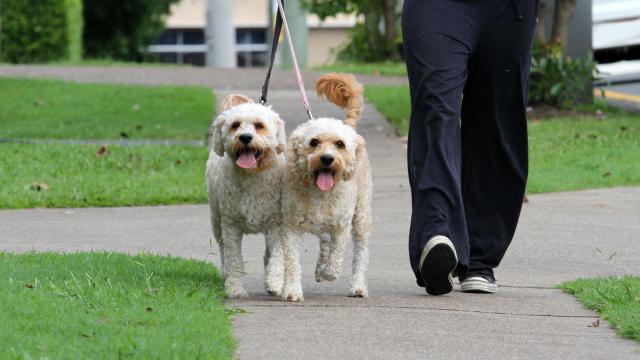Is This An Exercise of Free Will?

We might think that what drives behavior is individual will. And in fact, 105 years ago, we thought that the reason people got communicable diseases was because they had some moral failing. And in fact, what we need to emphasize is that there is a combined responsibility.
Individuals, if they want to live long happy lives, have to do certain things and communities, if they want to help the individual within them to live long and healthy, productive lives with low healthcare costs, need to do certain things. So it’s important to recognize that there’s this interplay between what the individual can do and what society can do to empower individuals to live longer and healthier, more productive lives.
On the individual basis, a couple of things are important. First off, tobacco is addictive. So you might think that you have free will of whether or not you can continue to smoke if you take it up, but in fact, it’s is very difficult to quit. It’s not impossible. Most Americans who have ever smoked have already quit and most people who smoke today want to quite. So it’s possible to quit, but it’s not easy. And in fact, research done here at the CDC has shown that what the tobacco industry has done it to increase the amount of free nicotine available in cigarettes. Free nicotine is basically crack nicotine that gets rapidly absorbed into the body and is highly addictive. And by increasing that, the tobacco industry has been able to keep smokers hooked.
Now, if you want to quit, you can. Most people already have. Medicines will double or triple your chance of success. Other things like having a buddy who quits with you will make a big difference. Finding the triggers and avoiding those triggers. There are a series of things that you can do to quit smoking. Similarly, if you want to try to get more physical activity; very important, not easy. Physical activity is the wonder drug. The more physical activity you have, the longer and healthier you live and the better you feel.
Start with what you enjoy and what you can build into your routine. Go up the stairs instead of taking the elevator. Get off a stop earlier. Walk the dog a little farther. Something that you can do that you’re going to be able to stick with. The bottom line is, fad diets, fad exercise programs, short-term change probably isn’t going to change your life. But making small changes and things that you can enjoy; eating healthier. What fruits do you enjoy? What vegetables do you enjoy? Eat more of those. If you find you enjoy one sport or another, do that more often.
Taking a walk for a half an hour a day or every few days. That’s a small thing, but it can make a big difference. So making changes in small ways and doing things that you will enjoy doing, that’s the way to make consistent change that’s going to stick.
In Their Own Words is recorded in Big Think’s studio.
Image courtesy of Shutterstock.




